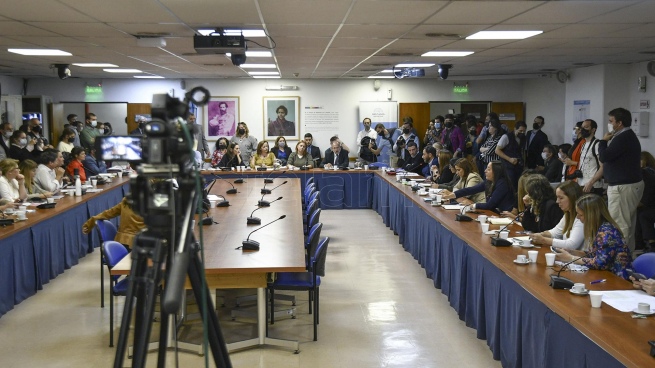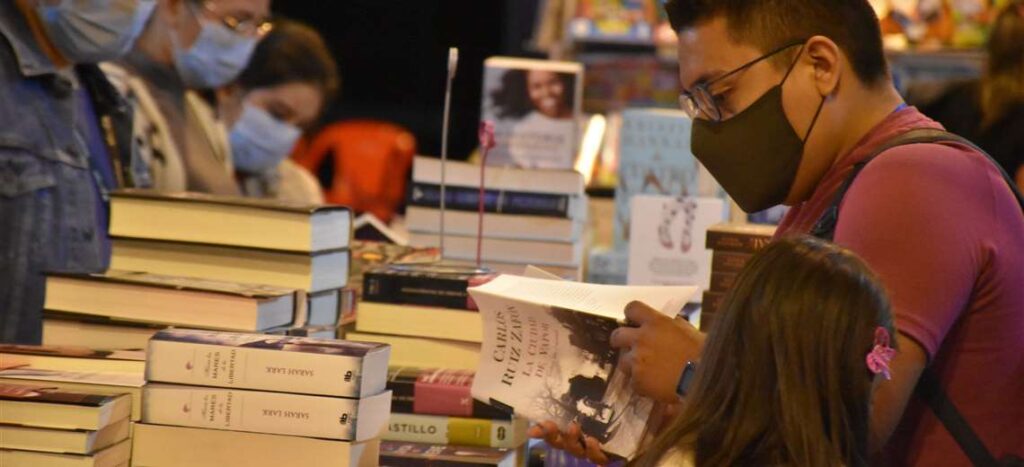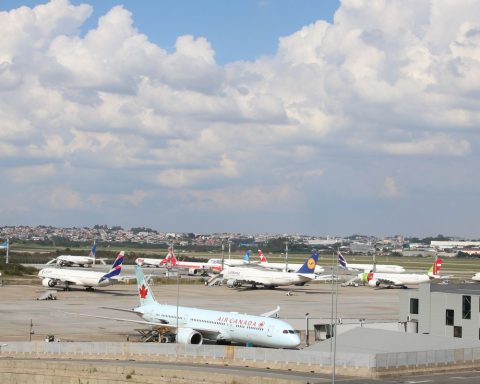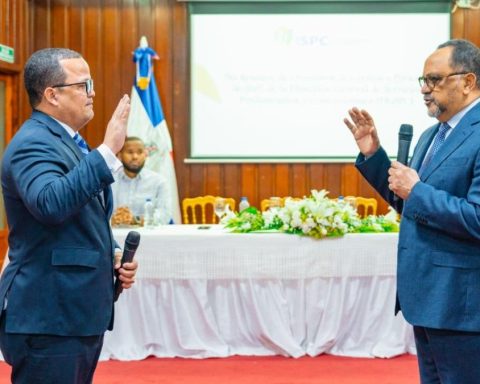The Chamber of Deputies will continue this Tuesday with the analysis of the bill to reform the Judicial Council promoted by the ruling party and sent by the Senate, which proposes raising the number of members from 13 to 17 and creating four federal regions for its operation. .
The debate will begin at 2:00 p.m. in a plenary session of Constitutional Affairs commissionschaired by Hernán Pérez Araujo (FdT), and Justice, by Rodolfo Tailhade (FdT), with presentations by guests from the academic and judicial fields.
This Tuesday will be the third meeting with guests since the debate on the project began, last Tuesday the 17th, after the constitutive day of the work commissions, on Tuesday the 10th.
The ruling party continues to search for consensus to get the project approvedsince according to the scenario that occurred in the Senate vote, it is not enough for him with his own deputies to advance with the opinion and the consequent vote on the floor.
On this stage, Pérez Araujo pointed out that “the Frente de Todos cannot by itself ratify the project that comes from the Senate“, affirming that the ruling party is “dialoguing, reviewing projects of other deputies to see if we can find a way out of this illegality in which the Court has put us. That is the way for those issues that affect Argentines.”
The Frente de Todos, with its 118 members, could add as allies the four members of the United Provinces interbloc, SER Jorge Vidal from Santa Cruz and one or two more votes, an insufficient number in pursuit of the goal of 129 that enables the start of a session.
Against the text sent by the Senate, the 116 deputies of Together for Change (JxC), the four “libertarians” and some member of monoblocs, have already expressed themselves.
For the main opposition caucus, Margarita Stolbizer, from Encuentro Federal, stated: “The Council of the Judiciary must guarantee the independence of the judiciary to protect the rights of all people against abuse and impunity. The reform that we are working on must aim at that.” discussing today in the Constitutional (Affairs) Committee”
The parity situation should be defined, then, by the Federal interblock, which has eight members who respond to three different political spaces: Bonaerense Identity, Santa Fe Socialism and Federal Córdoba.
The deputy Graciela Camaño (Identidad Bonaerense) and the only member of the interbloc with a presence in the commissions that study the issue, anticipated in statements to Télam that she will listen to “the opinion of the specialists” before deciding whether to present an opinion of his own, although he advanced that “he does not agree” with the project approved by the Senate.
“There has to be a balance. The Supreme Court has to be part of the Council but not preside over it, much less have a double vote,” expressed the deputy and member of the Council of the Judiciary while the project was debated in the Senate.
To this position is added that of the Córdoba Federal block, which has three members and is the only force of the Federal Interbloc with representation in the Senate, for which it has already formally expressed its position.

“The issue of the Council of the Judiciary is clearly framed in the National Constitution. And in the initiative there are two issues that go against what the National Constitution itself has established,” remarked Senator Alejandra Vigo, a reference for the Cordovan government, when justify their vote against the project of the Executive Power.
For Mónica Fein, from Santa Fe Socialism, “any institutional reform requires broad consensus and today the ruling party is not looking for that, but to impose a circumstantial majority. In this way, the conditions to make substantive changes are not given because there is no willingness to dialogue on the part of the National Government, “he asserted.
“For these transformations to be stable in the future they have to have a majority agreement,” he added.
The initiative of the Executive Power, which in the Senate had the support of the ruling party and provincial blocs, seeks to provide greater federalism to the body in charge of selecting judges.
The project raises the number of members from 13 to 17 and creates four federal regions within the body, which will meet periodically in the interior of the country, with the goal of endowing it with greater federalism.
In this way, if the project of the Executive Power advances, the Council would be expanded again, after in December of last year the Supreme Court declared the unconstitutionality of the conformation of 13 members that was ordered in 2006.
In that resolution, the highest court granted Congress a period of 120 days to pass a law that established a new structure for the body in charge of proposing magistrates to be appointed by the President of the Nation, administering the Judiciary, controlling the activity of judges and eventually sanction them and send them to impeachment.
The term expired on April 15 without the ruling party being able to put the issue up for debate, among other issues, due to the lack of formation of the aforementioned commissions.
For that reason, The Council began to be structured last month with the composition of 20 members and has already had its first meeting with the new composition, chaired by the head of the Supreme Court of Justice, Horacio Rosatti.
The last two councilors who joined participated in that meeting: the Peronist national senator Martín Doñate and the radical national deputy Roxana Reyes, appointed by their respective chambers, in accordance with the order of the Court.
In that first meeting, an agenda of priorities and an operating dynamic were agreed upon; and it was decided to set next Thursday, June 2, at 9:30 a.m., as the day of the first ordinary plenary session, which will be broadcast publicly through a virtual platform.


















